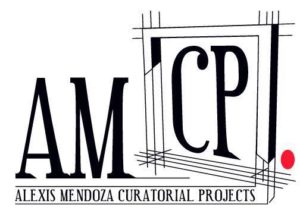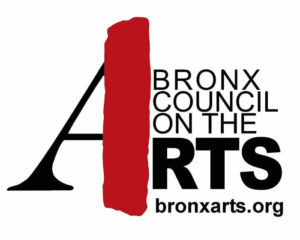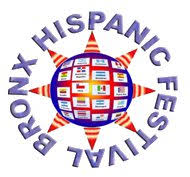
Progressive Transition
part of the New York
Latin American Art Triennial
Chashama is pleased to present Progressive Transition, part of the 2019 Latin American Art Triennial organized by the Bronx Hispanic Festival Inc. (in conjunction with the Performance Series at 266 W 37 St. and additional events and exhibitions around the city) The broad range of Triennial artists includes representation from Argentina, Bolivia, Chile, Colombia, Costa Rica, Cuba, Dominican Republic, Ecuador, El Salvador, Guatemala, Honduras, México, Nicaragua, Panamá, Paraguay, Perú, Puerto Rico, Spain, Uruguay and Venezuela. The project will create awareness of the rich international network of Latin American artists, many with strong links to New York City.
Progressive Transition explores the action and effect of moving from one state to another. More broadly, the project shows the drive towards transformation in the arts. The artists’ need to “feel part of something” that can likewise be recognized and defined by others will be explored within the exhibition. The work on view represents the artistic transition seen against a landscape of societal progress. The project highlights cultural exchange and, at its core, examines the implications of transition on an evolving Latin American culture.
In a globalized setting, Progressive Transition seeks to understand the particular need for affirmation in search of healing with regards to the spaces left behind within the sphere of immigration. Transition moves forward both for society and on a personal level. The flowering of change—of transition—is to be seen everywhere in the field of creativity. Just as moralism in Mexico marks a reflection of national content, newly emerging cross-cultures expand into multiple, sometimes-competing identities. New terms used in the United States such as Nuyorican, Chicano, Dominicanyork or Latinx, all impact the artistic and personal sense of identity. The inability to continue relying on traditional identities encourages an interest in emerging new identities. The artists represented in Progressive Transition belong to a variety of different generations. They have found motivation as regards to notions of immigration, religion, social justice, history and environmental awareness raising, examining problems relevant to them, and underscoring that Latin American art has its roots in the sociopolitical. Latin American art benefits from the recent increase in the number of artists—linked by language—who live and work all over the world. They circulate internationally and influence the rising generation, making ever more types of communication possible in a world of ever-expanding, transitioning identities.
Progressive Transition is organized by Alexis Mendoza, New York Latin American Art Triennial Chief Curator, and Luis Stephenberg, New York Latin American Art Triennial Director.
Artists: Graciela Cassel, Ismael Checo, Josue Guarionex Colon, Carlos Wilfredo Encarnacion, Erasmo Jorge Gómez, Camila Lopez, Sandra Mack-Valencia, Delilah Montoya, Yanislei Monzón, Catalina Santamaría, Marcelo Suaznabar and Pedro Valerino.
About the New York Latin American Art Triennial
The New York Latin American Art Triennial, under the auspices of the Bronx Hispanic Festival Inc., manages an event designed to stimulate creative work in the attempt to establish art as a common language in various locations in the Bronx and NYC.
For further information about the New York Latin American Art Triennial and their full mission statement, as well as a list of other exhibitions, visit them online.
Progressive Transition is made possible by the New York State Council on the Arts with the support of Governor Andrew M. Cuomo and the New York State Legislature. This project is supported, in part, by public funds from the New York City Department of Cultural Affairs in partnership with the City Council, the Bronx Council on the Arts, Bronx Hispanic Festival, and New York City Council Member Ben Kallos.




![]()


